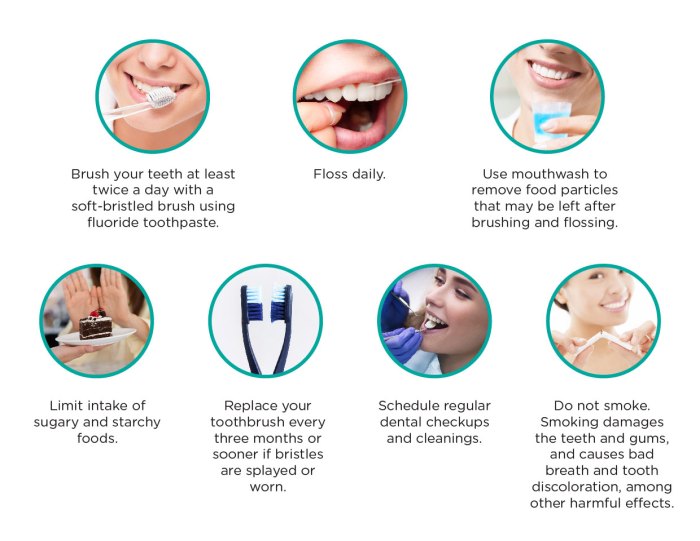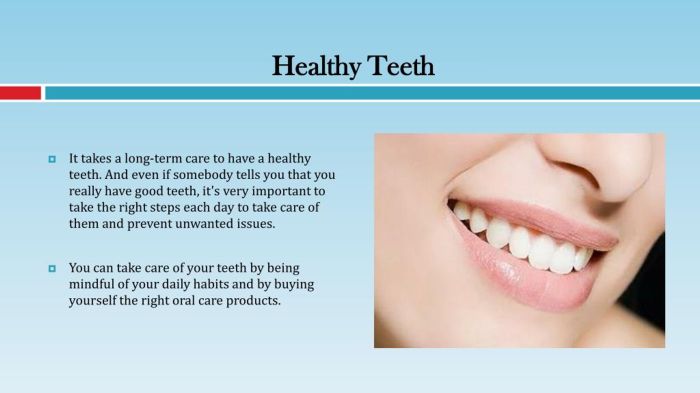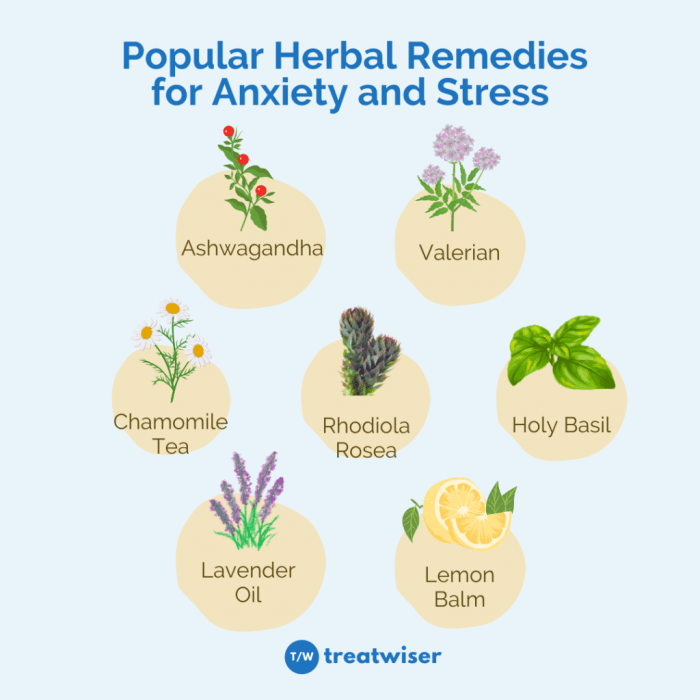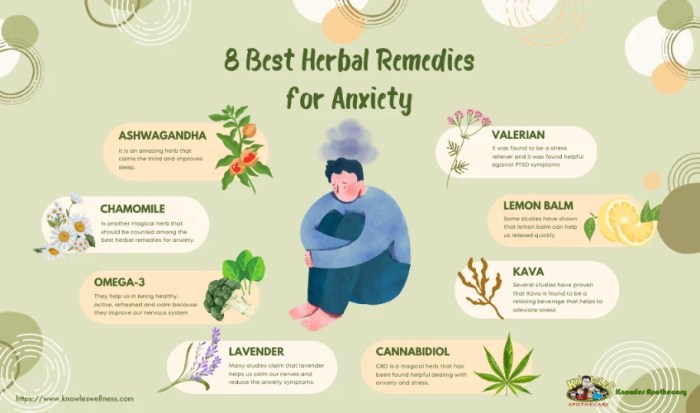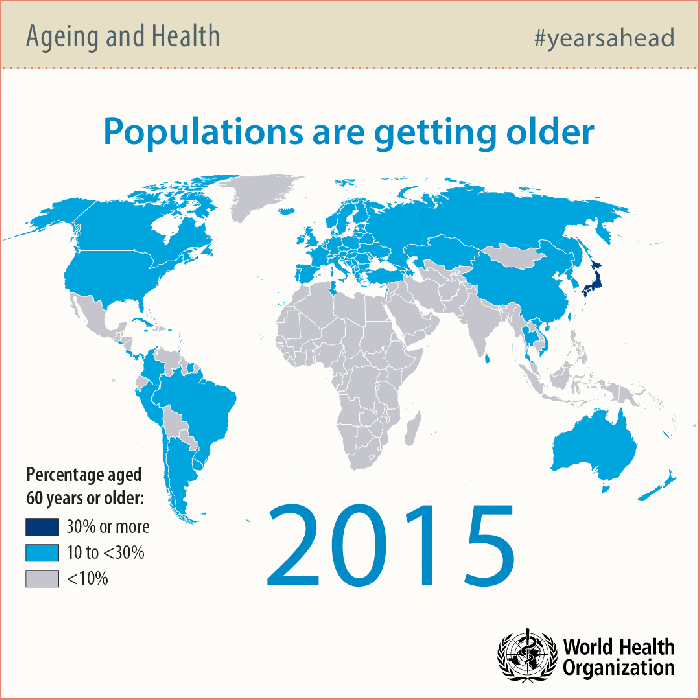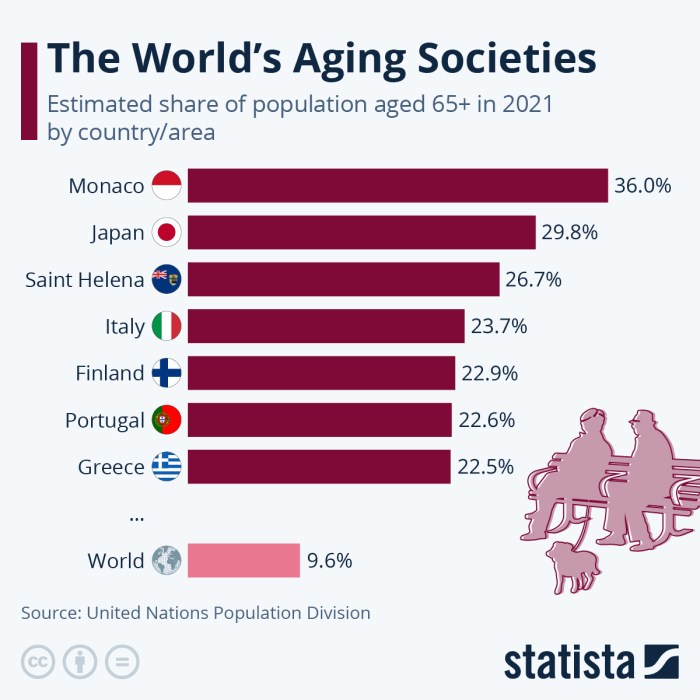Telemedicine services growth sets the stage for this enthralling narrative, offering readers a glimpse into a story that is rich in detail with entertaining interactive style and brimming with originality from the outset.
As we delve into the realm of telemedicine, we uncover a world where technology merges with healthcare to revolutionize how medical services are delivered. From the impact of the COVID-19 pandemic to the integration of AI, this discussion sheds light on the exciting evolution of telemedicine services.
Telemedicine Services Growth
Telemedicine services have experienced significant growth in recent years, driven by various factors such as technological advancements, increased access to healthcare services, and the changing preferences of patients. The convenience and efficiency offered by telemedicine have also contributed to its popularity among both healthcare providers and patients.
Current Trends Driving Growth
- The increasing use of smartphones and other mobile devices has made telemedicine more accessible to a larger population.
- Telemedicine platforms have become more user-friendly and secure, enhancing the overall patient experience.
- Healthcare providers are increasingly adopting telemedicine to reach patients in remote areas or those with limited mobility.
Impact of COVID-19 Pandemic
- The COVID-19 pandemic has led to a surge in the adoption of telemedicine as a safer alternative to in-person visits.
- Patients and healthcare providers have embraced telemedicine out of necessity during lockdowns and social distancing measures.
- Telemedicine has played a crucial role in providing continuity of care and managing non-emergency health issues during the pandemic.
Growth Rate Pre and Post-Pandemic
- Before the pandemic, telemedicine services were growing steadily but at a slower pace compared to post-pandemic growth rates.
- The pandemic has accelerated the adoption of telemedicine, leading to a significant increase in the number of virtual consultations and remote monitoring services.
- Post-pandemic, telemedicine is expected to continue its rapid growth trajectory as patients and healthcare providers recognize the benefits of virtual care.
Healthcare Technology
Technology plays a crucial role in the expansion of telemedicine services, enabling healthcare providers to connect with patients remotely. Innovative technologies are being utilized in telemedicine platforms to enhance the quality of care and improve patient outcomes. Artificial Intelligence (AI) is also being integrated into telemedicine consultations to streamline processes and provide more personalized healthcare services. Let’s delve deeper into the impact of technology on telemedicine services.
Innovative Technologies in Telemedicine Platforms
- Virtual Reality (VR) and Augmented Reality (AR) tools are being used to enhance the patient experience during virtual consultations, allowing for more immersive interactions between patients and healthcare providers.
- Remote monitoring devices, such as wearable sensors and smart devices, enable real-time tracking of patient data and vital signs, providing healthcare professionals with valuable insights into their patients’ health status.
- Telemedicine platforms with secure messaging and video conferencing capabilities ensure seamless communication between patients and healthcare providers, promoting efficient and effective remote consultations.
Artificial Intelligence in Telemedicine Consultations
- AI-powered chatbots are being used to provide initial triage and support to patients, helping them navigate their healthcare needs and directing them to the appropriate resources.
- Machine learning algorithms are analyzing large volumes of patient data to identify patterns and trends, assisting healthcare providers in making more informed decisions and delivering personalized treatment plans.
- AI-driven diagnostic tools are improving the accuracy and speed of medical diagnoses, allowing for early detection of health issues and timely intervention.
Benefits and Challenges of Integrating Technology into Healthcare Services
- Benefits:
- Increased access to healthcare services, especially for underserved populations.
- Improved efficiency and convenience for both patients and healthcare providers.
- Enhanced patient outcomes and reduced healthcare costs in the long run.
- Challenges:
- Ensuring data security and privacy in telemedicine platforms.
- Addressing technological barriers for patients who may not have access to reliable internet connections or digital devices.
- Training healthcare professionals to effectively use and interpret data from advanced technologies in telemedicine.
Health Addictions
Telemedicine services are playing a crucial role in revolutionizing addiction treatment by providing convenient and accessible care to individuals struggling with substance abuse. Through remote consultations and virtual support groups, telemedicine programs are effectively aiding in addiction recovery and offering much-needed support to those in need.
Utilization of Telemedicine in Addiction Treatment
Telemedicine services are increasingly being utilized in addiction treatment to provide remote consultations with healthcare professionals specialized in addiction medicine. Individuals can now receive therapy, counseling, and medication management for substance use disorders from the comfort of their homes, eliminating barriers to seeking help.
Effectiveness of Remote Consultations for Addiction
Remote consultations for addiction have shown promising results in improving treatment outcomes and patient engagement. Studies have indicated that virtual visits for addiction treatment are as effective as in-person appointments, leading to higher retention rates and better compliance with treatment plans.
Availability of Telemedicine Programs for Addiction Recovery
There is a growing availability of telemedicine programs specifically designed for addiction recovery, offering comprehensive care and support to individuals seeking to overcome substance abuse. These programs often include a combination of teletherapy, medication-assisted treatment, and virtual support groups to address the complex needs of patients in recovery.
Impact of Virtual Support Groups in Addiction Treatment
Virtual support groups facilitated through telemedicine play a crucial role in providing peer support, accountability, and a sense of community to individuals in addiction treatment. These online support groups offer a safe space for individuals to share their experiences, receive encouragement, and connect with others who understand their struggles, ultimately promoting long-term recovery.
Alternative Treatment
Telemedicine is not limited to traditional medical services but can also be used for alternative treatments like acupuncture or herbal medicine. Offering these alternative treatment options through virtual consultations can present both challenges and benefits for patients and healthcare providers alike.
Use of Acupuncture and Herbal Medicine
Acupuncture and herbal medicine have been used for centuries to treat various health conditions, and now, through telemedicine, patients can access these alternative treatments from the comfort of their own homes. Virtual consultations allow practitioners to provide personalized treatment plans and guidance to patients remotely, making healthcare more accessible and convenient.
- Challenges:
- Difficulty in assessing the effectiveness of treatments without in-person interaction.
- Lack of physical examination may limit the accuracy of diagnosis.
- Technical issues or limitations in demonstrating techniques or procedures virtually.
- Benefits:
- Increased access to alternative treatments for patients in remote or underserved areas.
- Convenience and flexibility for both patients and practitioners in scheduling appointments.
- Potential cost savings for patients without the need for travel or in-person visits.
Acceptance and Demand
Despite the challenges, there is a growing acceptance and demand for alternative treatment options via telemedicine. Patients are increasingly seeking holistic and natural approaches to healthcare, leading to a rise in the popularity of alternative treatments delivered remotely.
Telemedicine has the potential to revolutionize the way alternative treatments are accessed and delivered, making them more mainstream and integrated into traditional healthcare practices.
Successful Programs
There are several successful examples of alternative treatment programs being delivered through telemedicine. For instance, online platforms connecting patients with licensed acupuncturists or herbal medicine practitioners have shown positive outcomes in managing chronic pain, stress, and other health conditions.
Health Dentistry
In recent years, telemedicine services have expanded into the field of dentistry, offering new opportunities for virtual dental consultations and preventive care.
Growth of Telemedicine in Dentistry
- Telemedicine in dentistry has seen significant growth, allowing patients to connect with dental professionals remotely for routine check-ups and emergencies.
- Virtual dental consultations provide convenience and accessibility, especially for patients in remote areas or with limited mobility.
- Many dental practices have incorporated teledentistry into their services, offering a hybrid model of in-person and virtual appointments.
Effectiveness of Virtual Dental Consultations
- Virtual dental consultations have proven to be effective for routine check-ups, allowing dentists to assess oral health and provide recommendations without the need for in-person visits.
- In emergencies, teledentistry can help patients receive timely advice and guidance on how to manage dental issues until they can see a dentist in person.
- Preliminary studies have shown that virtual dental consultations can be as effective as traditional visits for certain dental conditions.
Use of Teledentistry for Oral Health Education
- Teledentistry is also being used to educate patients about oral health and preventive care, offering resources and information through virtual platforms.
- Dental professionals can conduct virtual sessions to discuss proper oral hygiene practices, dietary tips, and other preventive measures to maintain good oral health.
- By leveraging teledentistry for education, dental practices can empower patients to take better care of their teeth and gums.
Comparison with Traditional Dental Visits
- When it comes to patient satisfaction, some studies have shown that virtual dental consultations can be just as satisfying as traditional visits, especially for minor issues or follow-ups.
- Patients appreciate the convenience and time-saving aspects of telemedicine appointments, reducing the need for travel and waiting times in the dental office.
- However, for complex procedures or hands-on treatments, traditional dental visits are still preferred to ensure proper diagnosis and care.
Health Fitness
Telemedicine is revolutionizing the way we approach fitness and wellness by providing virtual consultations and personalized training programs. This innovative approach allows individuals to access fitness guidance and support from the comfort of their own homes, making it easier than ever to prioritize physical activity and overall well-being.
Role of Telemedicine in Virtual Fitness Consultations
Telemedicine platforms enable individuals to connect with fitness professionals remotely, receiving tailored exercise plans and nutritional guidance. This virtual approach breaks down barriers to accessing fitness services, making it more convenient for individuals to prioritize their health and fitness goals.
Benefits of Remote Fitness Monitoring
- Real-time tracking of progress and performance
- Increased accountability and motivation
- Access to expert advice and support
- Flexibility in scheduling and location
Impact of Telemedicine on Promoting Physical Activity
Telemedicine plays a crucial role in promoting physical activity by making fitness resources more accessible and convenient. By leveraging technology to connect individuals with fitness professionals, telemedicine encourages regular exercise and healthier lifestyle choices.
Integration of Telemedicine with Fitness Tracking Devices
- Syncing data for comprehensive health monitoring
- Enhancing personalized fitness plans based on real-time data
- Improving communication between individuals and fitness professionals
- Streamlining the tracking and analysis of fitness goals
Health Medicine
Telemedicine is revolutionizing the way medical services are delivered across various specialties. This innovative approach to healthcare is opening up new possibilities for diagnosis, treatment, and patient care.
Transforming Medical Services
- Telemedicine allows for remote consultations, enabling patients to connect with healthcare providers from the comfort of their own homes.
- Specialists can review medical records, conduct virtual exams, and prescribe medications without the need for in-person visits.
- Real-time video conferencing and secure messaging platforms facilitate communication between healthcare professionals and patients, leading to more efficient and convenient care.
Challenges and Opportunities
- One challenge of telemedicine is ensuring patient privacy and data security during virtual consultations.
- Opportunities for telemedicine include expanding access to specialized care in rural or underserved areas where healthcare resources are limited.
- Remote monitoring of patients with chronic conditions can lead to early intervention and better health outcomes.
Improving Access to Healthcare
- Telemedicine plays a crucial role in bridging the gap in healthcare access for individuals living in remote locations or lacking transportation.
- Virtual consultations reduce travel time and expenses for patients, making healthcare more accessible and convenient.
- Mobile health apps and telehealth platforms are empowering patients to take control of their health and well-being.
Successful Telemedicine Initiatives
- The Cleveland Clinic’s Express Care Online provides 24/7 virtual visits with healthcare providers for non-emergency conditions.
- Mayo Clinic offers eConsults for primary care providers to seek specialist input on complex cases, improving care coordination and patient outcomes.
- Teledermatology services have been successful in diagnosing and treating skin conditions remotely, reducing wait times for dermatology appointments.
Health Pharmacy
Telepharmacy services have been steadily growing in popularity, offering a convenient and accessible way for patients to receive medication management and consultations. Through telemedicine, virtual pharmacy services have the potential to revolutionize the way healthcare is delivered, particularly in the pharmacy sector.
Growth of Telepharmacy Services
The growth of telepharmacy services has been driven by the increasing demand for convenient and accessible healthcare options. Telepharmacy allows patients to consult with pharmacists remotely, receive medication recommendations, and manage their prescriptions from the comfort of their own homes. This has been particularly beneficial for individuals with mobility issues or those living in remote areas with limited access to traditional pharmacies.
Benefits of Virtual Pharmacy Consultations
- Improved accessibility to medication management for patients in remote or underserved areas.
- Convenience for patients who may have difficulty visiting a physical pharmacy due to mobility issues or transportation barriers.
- Enhanced medication adherence through regular consultations and reminders.
- Time-saving for both patients and pharmacists, reducing wait times and streamlining the prescription process.
Regulatory Challenges and Advancements
Telepharmacy services have faced regulatory challenges related to licensure requirements, patient privacy, and reimbursement policies. However, advancements in telemedicine technology and regulatory frameworks have helped to address these issues and pave the way for the expansion of virtual pharmacy services. States have been increasingly adopting policies to support telepharmacy, allowing pharmacists to provide services across state lines and ensuring patient safety and privacy.
Potential of Telepharmacy
Telepharmacy has the potential to significantly improve medication adherence and patient outcomes by providing personalized consultations, medication management, and follow-up care. By leveraging telemedicine technology, pharmacists can offer more comprehensive and accessible healthcare services to a wider range of patients, ultimately leading to better health outcomes and increased patient satisfaction.
Weight Loss
Telemedicine has revolutionized the way weight loss management and virtual nutrition counseling are approached. The convenience of remote consultations and monitoring has made it easier for individuals to access support and guidance in their weight loss journey.
Role of Telemedicine in Weight Loss Management
- Telemedicine allows for virtual consultations with healthcare providers, nutritionists, and fitness experts, eliminating the need for in-person visits.
- Remote weight loss programs offer personalized meal plans, exercise routines, and behavioral support tailored to individual needs.
- Telemedicine platforms enable users to track their progress, set achievable goals, and receive real-time feedback from professionals.
Effectiveness of Remote Weight Loss Programs
- Studies have shown that telemedicine-based weight loss programs can be as effective as traditional in-person interventions in achieving weight loss goals.
- Virtual support and counseling provide ongoing motivation and accountability, leading to better adherence to healthy lifestyle changes.
- Accessibility to remote programs increases engagement and participation, especially for individuals with busy schedules or limited access to healthcare facilities.
Challenges and Opportunities of Incorporating Telemedicine into Weight Management Strategies
- Challenges include ensuring data privacy and security, maintaining patient engagement, and addressing technological barriers for older populations.
- Opportunities lie in expanding reach to underserved communities, optimizing treatment outcomes through personalized care, and leveraging data analytics for predictive modeling.
- Integration of wearable devices and health tracking apps can enhance monitoring and feedback, enhancing the overall effectiveness of telemedicine in weight management.
Women & Health
Telemedicine has revolutionized women’s health services by providing easier access to reproductive health and maternity care. The convenience of virtual consultations and remote monitoring has significantly improved healthcare outcomes for women.
Impact on Reproductive Health
- Telemedicine allows women to consult with specialists from the comfort of their homes, eliminating the need for travel to healthcare facilities.
- Remote monitoring of reproductive health conditions enables early detection of issues and timely intervention, leading to better outcomes for women.
- Virtual counseling sessions provide a safe and confidential space for women to discuss sensitive reproductive health concerns.
Accessibility and Convenience
- Telemedicine offers women in rural or underserved areas access to healthcare services that may not be readily available locally.
- Virtual appointments save time and money for women who may have childcare or work responsibilities that make in-person visits difficult.
- Mobile health apps provide a user-friendly platform for women to track their menstrual cycles, fertility, and pregnancy progress.
Addressing Women-Specific Health Issues
- Telemedicine platforms cater to women’s unique health needs by offering specialized services for conditions like polycystic ovary syndrome (PCOS) and endometriosis.
- Online support groups and forums create a sense of community for women facing reproductive health challenges.
- Telemedicine facilitates access to prenatal care and postpartum support for pregnant women, improving maternal and infant health outcomes.
Promoting Preventive Care and Wellness
- Telemedicine encourages regular screenings and check-ups for women, promoting early detection of conditions like breast cancer and cervical cancer.
- Virtual wellness programs offer tailored diet and exercise plans to help women maintain a healthy lifestyle and prevent chronic diseases.
- Remote monitoring of chronic conditions like diabetes and hypertension helps women manage their health proactively and avoid complications.
Outcome Summary
From alternative treatments to weight loss management, telemedicine is paving the way for a new era of accessible and efficient healthcare. As we embrace the growth of telemedicine services, we embark on a journey towards better health outcomes and enhanced patient care.
FAQ Section
How has the COVID-19 pandemic impacted the growth of telemedicine services?
The pandemic has accelerated the adoption of telemedicine as people seek remote healthcare options to avoid in-person visits.
What are some examples of innovative technologies used in telemedicine platforms?
Telemedicine platforms utilize technologies like video conferencing, AI algorithms, and remote monitoring devices for consultations.
Can telemedicine be effective in addiction treatment?
Yes, telemedicine offers a valuable remote option for individuals seeking addiction treatment, providing access to support and consultations.
